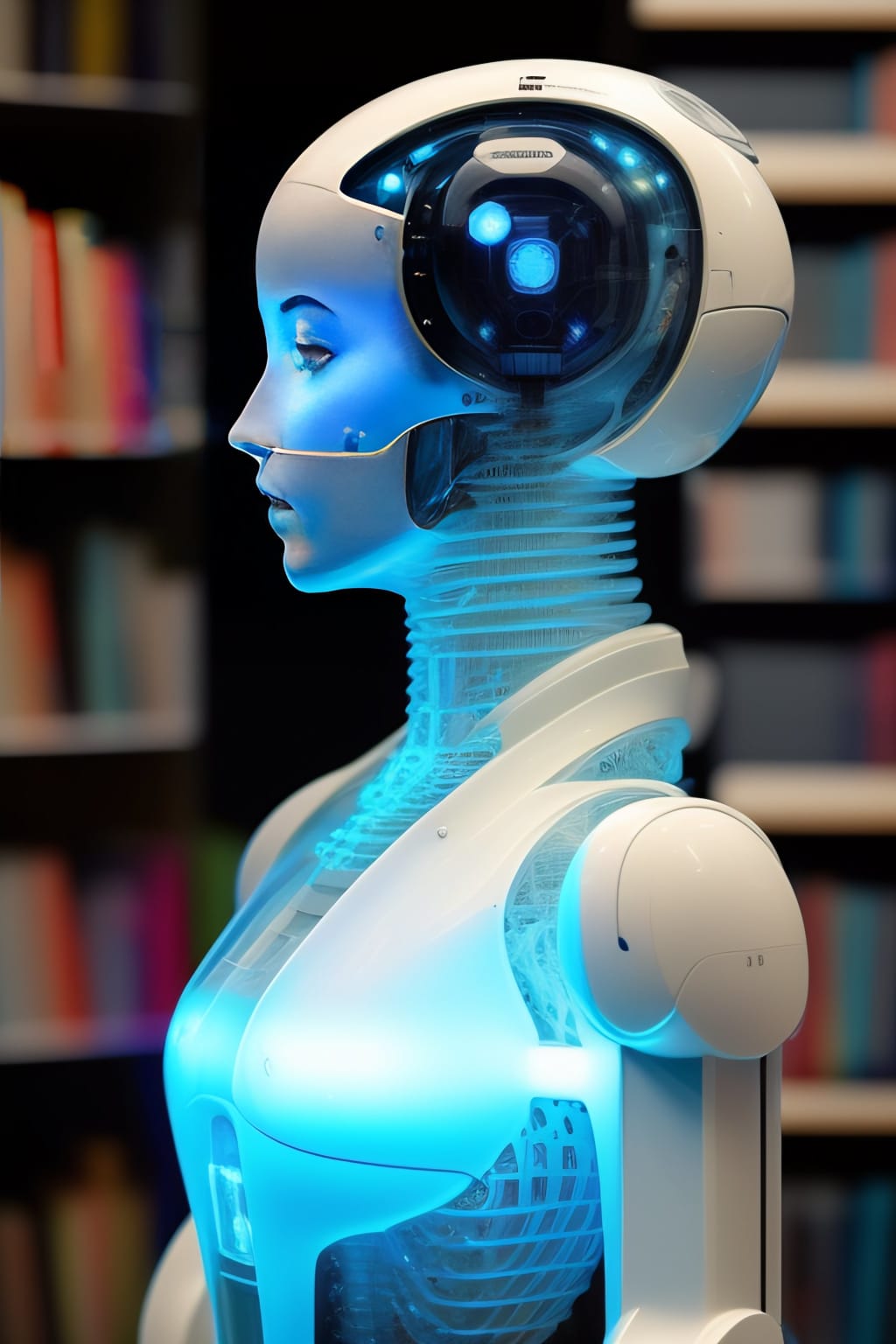Will the day come where humans are ruled by robots?
The Future of Human-Robot Relationships

Are we heading towards a future where robots govern human lives? The rapid advancements in robotics and artificial intelligence have sparked speculations about the potential dominance of machines. This article delves into the subject, exploring the rise of robots, human-robot interaction, ethical considerations, social and economic implications, human reactions and adaptation, benefits of collaboration, striking a balance, and the future of human-robot relationships.
The Rise of Robots
In recent years, robots have made significant strides in terms of capabilities and functionalities. From assembly lines to healthcare, robots are increasingly performing tasks that were once exclusive to humans. Industrial robots can precisely execute repetitive tasks, while humanoid robots can mimic human actions and interact with their environment. These advancements have raised concerns about the impact on human employment, with fears of widespread job displacement.
Human-Robot Interaction
Despite the increasing presence of robots in various domains, the current interaction between humans and robots is primarily characterized by cooperation and assistance. Robots are often deployed to perform tasks that are dangerous, tedious, or beyond human capabilities. For instance, in healthcare, robots can assist surgeons during delicate procedures or provide support to elderly individuals in their daily activities. The potential for increased collaboration between humans and robots opens doors to new possibilities and efficiencies.
Ethical Considerations
As robots become more integrated into our lives, ethical dilemmas arise. The prospect of relinquishing decision-making power to machines raises concerns about human autonomy. Additionally, questions regarding privacy, security, and the potential misuse of robots need careful consideration. Striking a balance between the benefits of automation and the preservation of human values becomes crucial in navigating the complexities of human-robot relationships.
Social and Economic Implications
The widespread integration of robots into society has social and economic ramifications. Income inequality may be exacerbated as certain jobs become obsolete, while others require advanced skills. The redistribution of wealth and the impact on industries and job markets are significant factors to address. Balancing the benefits of automation with social equity becomes essential to ensure a harmonious transition.
Human Reactions and Adaptation
Humans are not passive observers in the face of potential robot dominance. The notion of being ruled by robots may elicit resistance and fear. However, history has shown that humans are adaptable. As technology advances, human attitudes and perspectives evolve. Adapting to new roles and finding ways to coexist with robots will likely become the norm as societal changes unfold.
Benefits of Human-Robot Collaboration
Rather than envisioning a future where humans are solely ruled by robots, a more optimistic view highlights the potential benefits of collaboration. Humans and robots can work together to achieve higher productivity, efficiency, and innovation. Industries such as manufacturing and logistics have already witnessed successful human-robot partnerships, demonstrating the positive outcomes that can arise from combining human creativity and problem-solving with robotic precision and speed.
Striking a Balance
Maintaining a balance between human and robot power is crucial for a sustainable future. This requires the establishment of regulatory frameworks, guidelines, and ethical considerations to guide the development and deployment of robots. Transparency and accountability should be emphasized to ensure humans retain control and mitigate potential risks associated with unchecked automation.
The Future of Human-Robot Relationships
Speculating about the future of human-robot relationships leads us to contemplate whether robots will become rulers. While it is impossible to predict with certainty, alternative scenarios are worth considering. Rather than imagining a dystopian future, we should explore the potential for a future where humans and robots coexist harmoniously, each contributing their unique strengths and abilities.
Conclusion
In conclusion, the question of whether humans will be ruled by robots prompts us to reflect on the potential outcomes of the advancing robotics and artificial intelligence. While concerns about job displacement, ethics, and societal impacts are valid, it is essential to approach these advancements with an open mind. By emphasizing collaboration, balancing power dynamics, and maintaining human values, we can shape a future where humans and robots live side by side, each playing a crucial role in our shared journey.
About the Creator
Ayan Das Sharma
"Powering Tomorrow's Innovations, Today"
1. Artificial Intelligence.
2.Web development.
3.Mobile app development.
4.Cybersecurity.
5.Data analytics.






Comments
There are no comments for this story
Be the first to respond and start the conversation.